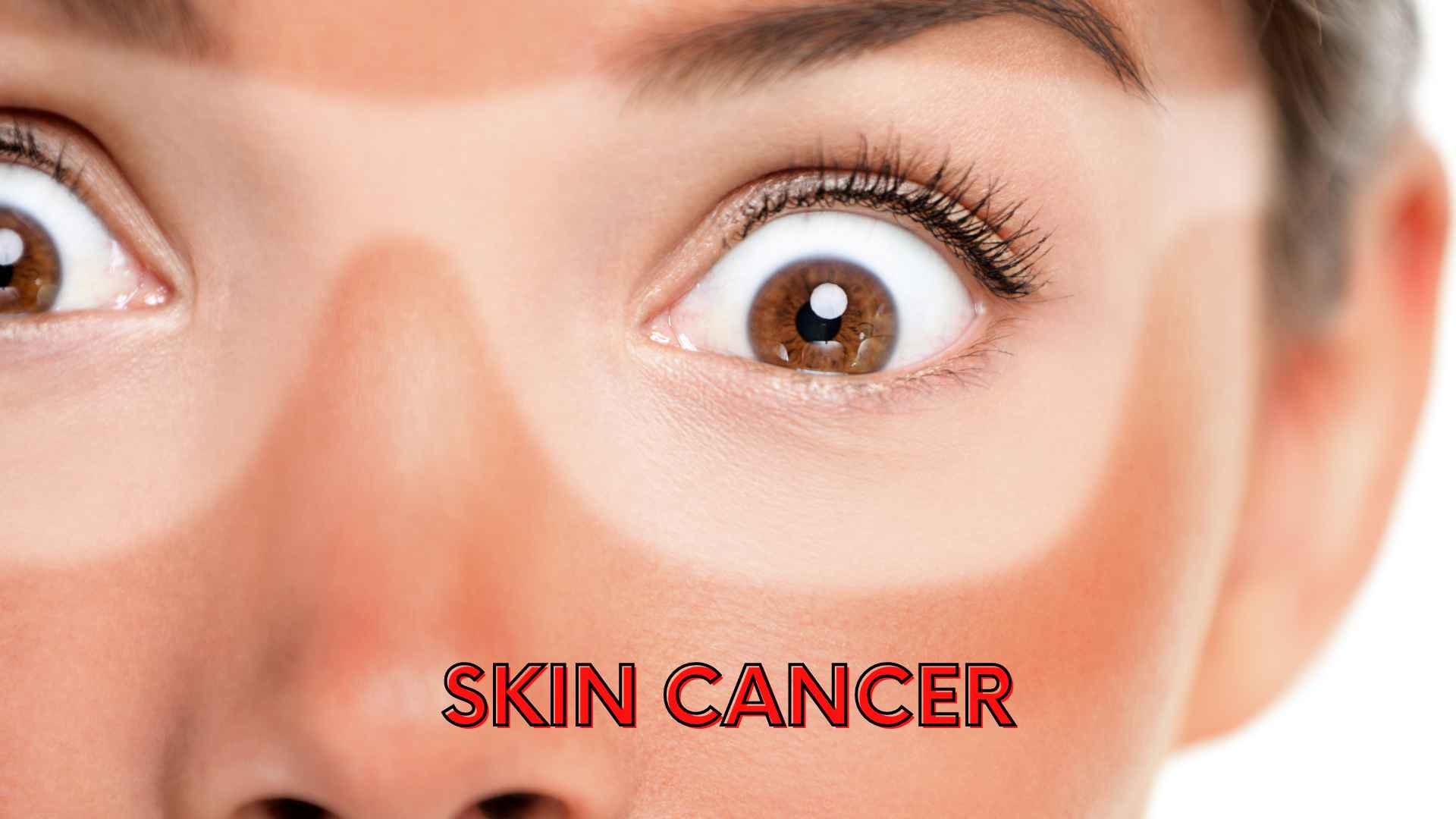Welcome to our guide on skin cancer. In this article, we will delve into the intricate details of this condition, providing you with an in-depth understanding of skin cancer’s causes, symptoms, and prevention strategies. Our mission is to equip you with the knowledge you need to safeguard your skin’s health.
Understanding Skin Cancer
Skin cancer is a serious medical condition that primarily affects the skin. It occurs when skin cells undergo abnormal changes, typically caused by prolonged exposure to ultraviolet (UV) rays from the sun or artificial sources, such as tanning beds. It’s crucial to be informed about this disease, so let’s explore its different aspects.
Types of Skin Cancer
Skin cancer comes in various forms, but the three most common types are:
- Basal Cell Carcinoma (BCC): This is the most prevalent type of skin cancer and typically appears as a pearly or waxy bump. It’s essential to recognize BCC early since it rarely spreads to other parts of the body.
- Squamous Cell Carcinoma (SCC): SCC often presents as a red, scaly patch or a sore that heals and then reopens. If left untreated, it can spread to other areas of the body.
- Melanoma: Melanoma is the most aggressive form of skin cancer. It usually begins as a new mole or a change in an existing one. Early detection is critical, as melanoma can rapidly metastasize.

Causes of Skin Cancer
Understanding the causes of skin cancer is paramount for prevention. The primary risk factors include:
1. Ultraviolet (UV) Radiation
Excessive exposure to UV radiation from the sun or tanning beds is the leading cause of skin cancer. UV radiation damages the DNA in skin cells, increasing the risk of cancer development.
2. Fair Skin
People with fair skin have less melanin, which provides natural protection against harmful UV radiation. Consequently, they are at a higher risk of skin cancer.
3. Family History
A family history of skin cancer can increase your susceptibility to the condition. Genetic factors play a significant role.
Recognizing Symptoms
Early detection of skin cancer can be a lifesaver. Keep an eye out for the following symptoms:
1. Unusual Skin Growth
Be vigilant about any growth on your skin that appears unusual, such as a mole that changes in size, shape, or color.
2. Sores that Don’t Heal
Persistent sores that bleed, crust, or refuse to heal may be an indicator of skin cancer.
3. Changes in Existing Moles
If an existing mole starts to itch, bleed, or undergoes noticeable changes, seek immediate medical attention.
Prevention Strategies
Prevention is the best defense against skin cancer. Here are some effective strategies to protect your skin:
1. Sun Protection
- Use Sunscreen: Apply a broad-spectrum sunscreen with an SPF of 30 or higher before going outdoors.
- Wear Protective Clothing: Cover your skin with long-sleeved shirts, wide-brimmed hats, and sunglasses.
- Seek Shade: Limit sun exposure during peak hours, typically between 10 AM and 4 PM.

2. Self-Examinations
Regularly examine your skin for any changes, and don’t hesitate to consult a dermatologist if you notice anything suspicious.
3. Avoid Tanning Beds
Tanning beds emit harmful UV radiation, significantly increasing the risk of skin cancer. Avoid them altogether.
Skin cancer is a critical health concern that affects people worldwide. By understanding its causes, recognizing symptoms, and implementing prevention strategies, you can protect yourself and your loved ones from this potentially life-threatening condition. Remember, early detection and proactive measures are your best allies in the battle against skin cancer. Stay informed and prioritise your skin’s health for a brighter, cancer-free future.
Remember, knowledge and vigilance are your greatest weapons in the fight against skin cancer. Stay safe, stay informed, and protect your skin from harm.
For more before and after photos of Mohs surgery visit: https://www.mohsreconstruction.com.au/before-and-after-mohs-surger/
Learn more about Dr Anthony Maloof


